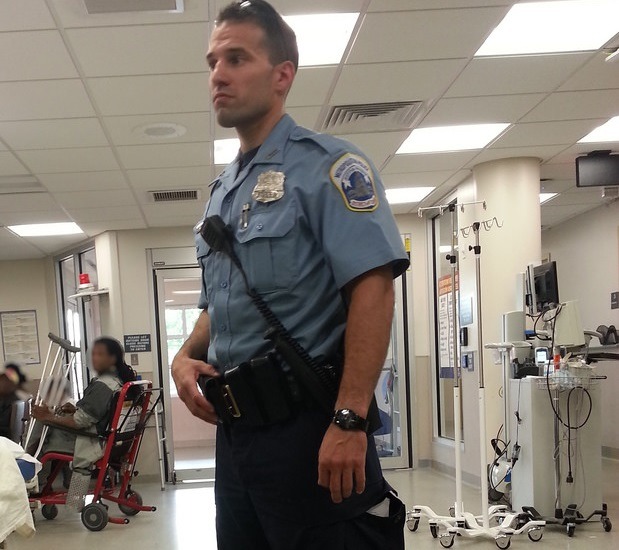
October 10, 2015; Boston Globe
Asylums for public inebriates have a long history in this country, dating back to the second half of the 19th century. Recently, however, people with substance abuse issues have often ended up in other types of secure institutions. Now, a new proposed law in Massachusetts would make it easier to civilly commit addicts.
Between October 30th and November 2nd of this year, 6,000 federal prisoners are to be released by the Bureau of Prisons in light of sentences for drug crimes that have since had their penalties reduced. These people are a portion of the body count from this nation’s long and apparently fruitless “war on drugs,” which featured harsh sentences for even the lowest level offenders.
But even as that is occurring, we see other efforts to criminalize and institutionalize drug abusers, and those efforts are causing civil liberties advocates real concern. Yesterday, we discussed in a newswire the prosecution of women who have used drugs during pregnancy, and today we are covering an attempt by Governor Charlie Baker of Massachusetts to allow hospitals to involuntarily commit drug users deemed to be a danger to themselves or others.
The proposed bill would authorize hospitals to seek a three-day hold, giving them time to evaluate the person and potentially seek a longer commitment to try to force treatment. There is already an option under current law to pursue a 90-day commitment for alcoholics or addicts who pose the potential to harm themselves or others, but this preliminary step would make that process easier.
Sign up for our free newsletters
Subscribe to NPQ's newsletters to have our top stories delivered directly to your inbox.
By signing up, you agree to our privacy policy and terms of use, and to receive messages from NPQ and our partners.
This law, and others which include a proposal to screen all high school students for substance use, is being proposed in the midst of a statewide spike in overdose deaths—1200 last year alone across the state.
Barbara Herbert of the Massachusetts Chapter of the American Society for Addiction Medicine calls the idea “provocative,” in that it could perhaps help people towards care when they need it, but she also cautioned that it may discourage addicts from seeking needed for fear of being forcibly committed. On the other hand, some believe the process allows people to get themselves into paid care in a system where access is often very difficult—and, indeed, the current commitment law is said to have often functioned in that way. If the addict is unwilling, though, there is that pesky issue of depriving people of their liberty through civil commitment, which is more than troubling and likely to spark some civil suits.
Add that to the fact that the research on coerced treatment is not promising—Jeffrey Eisen of Lahey Behavioral Services in Danvers says the results of 30 years of studies on compulsory treatment have produced nothing more than inconclusive and inconsistent results—and the idea begins to look unpromising except as a weird route into otherwise inaccessible treatment.
NPQ encourages readers to comment on this newly proposed law. What are the implications for treatment and for civil liberties? —Ruth McCambridge












